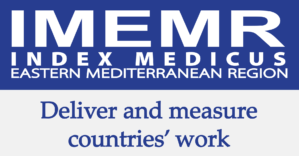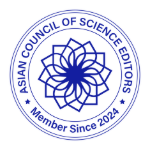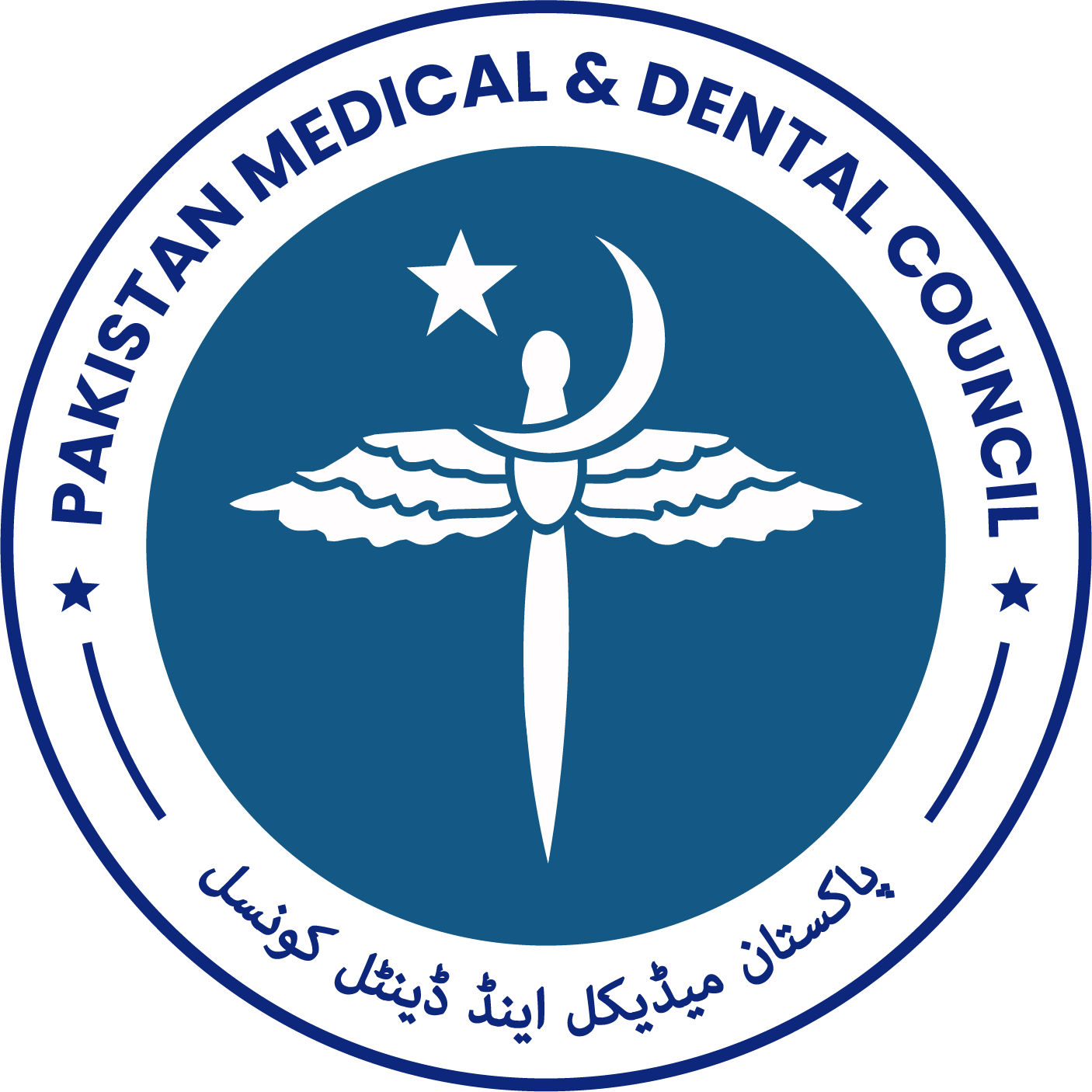Frequency and Severity of Imposter Syndrome among Medical Students of a Private Medical College
DOI:
https://doi.org/10.53685/jshmdc.v1i2.56Keywords:
Imposter Syndrome, Medical students, Imposter PhenomenonAbstract
Background: Students suffering from imposter syndrome/phenomenon (IP) consider themselves less competent and less skill full as compared to the abilities they actually possess. Although previous research has identified different causes of stress and burnout less research has been conducted to determine the frequency of imposter syndrome among medical undergraduate students.
Objectives: (1) To determine the frequency and the degree of severity of Imposter syndrome among medical students. (2) To find out the association of Gender with imposter syndrome. (3) To evaluate the difference in the severity of imposter syndrome between 1st and 2nd-year MBBS students.
Methods: The cross-sectional study was conducted on 140 1st and 2nd-year MBBS students of Shalamar Medical and Dental College, Lahore. A convenient sampling technique was used. The study instrument used was a validated questionnaire (Clance IP Scale) containing 20 items with 5 points Likert scale. By adding up the score, the degree of severity is determined. Frequencies & percentages were determined, chi-square applied, p-value <0.05 was considered significant.
Results: One hundred and 40 students filled the IP Scale questionnaire. The frequency of imposter syndrome was 53.3% among medical students. The majority (85%) of the medical students had frequent to intense imposter characteristics. A higher number of female students was affected by imposter phenomenon as compared to males. Greater number of 1st-year students were suffering from imposter syndrome as compared to 2nd-year students.
Conclusions: Frequency of imposter syndrome was high among medical students. Its severity ranges from moderate to frequent IP categories in majority of students. Female students were affected more as compared to their male counterparts.
Downloads
Published
How to Cite
Issue
Section
License
Copyright (c) 2019 Ambreen Khalid, Adeela Shahid, Khalid Rahim Khan

This work is licensed under a Creative Commons Attribution-NonCommercial 4.0 International License.
You are free to:
- Share — copy and redistribute the material in any medium or format
- Adapt — remix, transform, and build upon the material
- The licensor cannot revoke these freedoms as long as you follow the license terms.
Under the following terms:
-
Attribution — You must give appropriate credit, provide a link to the license, and indicate if changes were made. You may do so in any reasonable manner, but not in any way that suggests the licensor endorses you or your use.
-
Non Commercial — You may not use the material for commercial purposes.
-
No additional restrictions — You may not apply legal terms or technological measures that legally restrict others from doing anything the license permits.





















